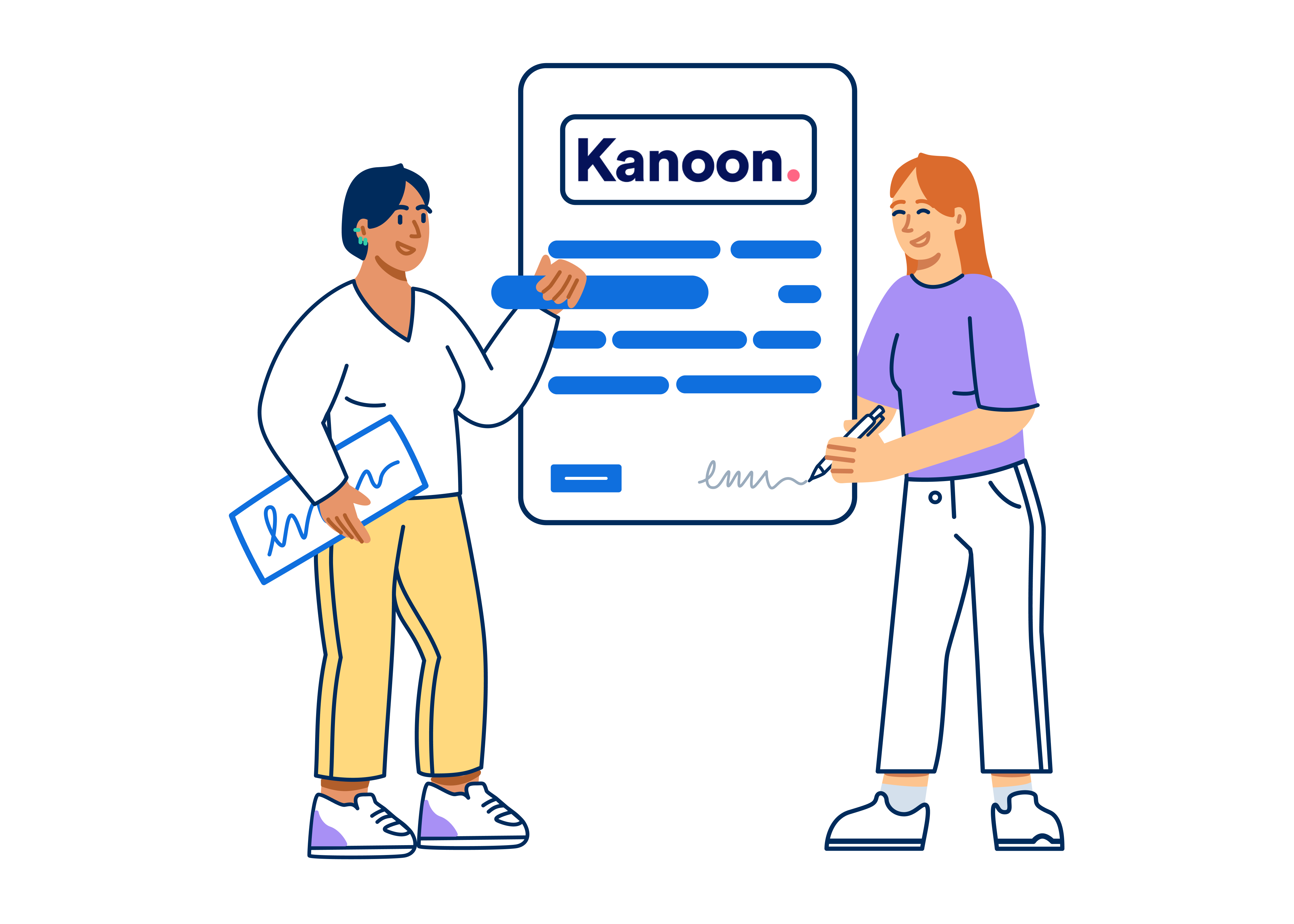- Blog
- |Managing Payroll
- >Payroll
- >payroll process improvement ideas
9 Ways to Improve Your Payroll Process


If you manage payroll, you’ll know how time-consuming it is. And with changing legislation, lack of integration, and growing employee expectations — it’s becoming increasingly challenging to manage payroll effectively.
Payroll affects everyone in the business, and it’s not just about paying employees on time and correctly. There’s also so much value to be extracted from payroll data when it’s collected properly, helping drive better business decisions.
By improving payroll processes, your business can accurately forecast, budget and manage cash flow, retain and attract top talent, remain compliant, cut costs and free up resources (and plenty more).
So, with all that in mind, here’s how to improve your payroll process using these nine fresh ideas.
1. Integrate your existing systems with payroll
This wouldn’t be a proper list of payroll improvement ideas without mentioning integrations. Integrating departments might sound messy and overwhelming when, in fact, it makes perfect business sense. Finance, payroll and HR functions all share one thing — they all affect your employees.
All three departments benefit from data sharing, HR can make more informed hiring decisions based on payroll data, and finance can help align employee benefits with budget forecasts.
Central access to data means the chance of duplicate data reduces, data security improves, and cross-departmental productivity gets better.
2. Be more transparent with employees
Pay transparency matters. In a recent survey, 79% of employees want some form of pay transparency. That might be from the job advert all the way through to who makes compensation decisions at your organisation.
To give employees transparency, adequately benchmark salaries, and close gender pay gaps, you need access to reliable payroll data. Becoming known as an employer that pays fairly helps build loyalty with existing employees and attracts other talent, too.
3. Keep on top of legalisation, always
Payroll administrators must keep up-to-date with payroll legislation to avoid fines and penalties and ensure employees are paid on time and correctly. There are changes to legislation all the time, so you need to know if there have been changes to income tax rates or national minimum wage increases — these are things you need to know to remain compliant.
Staying up to date doesn’t have to be time-consuming, though. You can attend webinars, conferences or sign up for the HMRC Employer Bulletin. But if you’re looking for an even quicker way to refine your legislation knowledge? Access free payroll support through your chosen payroll software provider.
4. Get feedback from employees
Do you know who can give you unbiased feedback about your payroll processes? Your employees. They go through your process every week or month (depending on how often you run payroll), so they’re the perfect people to ask how you can improve.
At PayFit, you can integrate an employee survey from software like Leapsome to collect anonymous and meaningful feedback about your payroll processes.
A survey found 74% of employees feel more effective at their job if they feel heard. So after you've gathered feedback, don't just file it away, never to be seen again. Take comments on board and make considerable payroll process improvements.
5. Improve employee access
Your employees’ experience with your organisation is crucial. Bad experience equals job searching, and that means a few things. It means recruitment costs for you, the faff of onboarding a brand new employee, and it also means tarnishing your brand reputation one employee at a time.
But you can improve their experience by meeting basic expectations. Electronic payslips are expected; it’s 2023. But not only that, you can give them a breakdown of their wage, showcasing their tax-free personal allowance, taxable income for the year so far, annual leave taken and remaining — there’s all kinds of information you can share with them.
And a fantastic employee experience can be there from the off. As soon as a new hire starts, you can introduce them to your automated onboarding process. Not only making everything efficient for the new starter, but payroll and HR teams collect the information they need to set them up correctly for payroll and benefits.
6. Conduct payroll audits
We hear you — audits are lengthy. And you might think, do I really need to do a payroll audit? But although your payroll process might be frictionless now, it doesn't mean that will always be the case. Carrying out a payroll audit helps you understand where you can save time, improve processes, and avoid fines.
You’ll want to conduct a payroll audit at least once a year to ensure your payroll process is up-to-date and compliant.
7. Leverage payroll automation
Payroll automation saves time and sanity. Small yet repetitive tasks zap your energy daily, but by automating them, you can get on with more pressing tasks that require your attention.
With that in mind, what tasks can you automate with payroll software?
tax compliance;
bank reconciliation;
expense management;
onboarding process;
benefits management;
leave management;
accounts payable and receivable;
running payroll.
8. Invest in automated payroll software
We’ve already talked a little bit about utilising automation in payroll, but to do that, you need to invest in reliable automated payroll software.
You need software that makes automation as simple as possible. Software that means you don’t have to worry about non-compliance again, all while improving your employees’ experiences, running payroll in minutes instead of hours, drastically reducing errors and freeing up resources currently tied up in repetitive payroll tasks.
9. Train staff properly on your new software
There’s nothing more tedious than sitting through new software training for employees. But to squeeze all the value out of your new payroll software, you’ll need to make sure everyone knows how to use it.
Luckily, here at PayFit, we provide training for the payroll administrators in your business, so they’re well-equipped to pass on their newfound knowledge. Adopting new technology can be overwhelming, frustrating, and downright confusing, but your dedicated account manager is on hand to guide you through implementation, answering any questions you may have.
Because we work closely with your business and finance team leaders, the software is configured to each customer’s unique needs. So once you’re set up, you can hit the ground running.
As mentioned in this blog, one of the best ways to improve your payroll process is by conducting a payroll audit. Wondering where to begin? Don’t worry - here’s a free payroll audit guide that includes a handy checklist to help you kickstart this process.

A UK 4-Day Working Week - Thoughts On Labour’s Plan

Running payroll - A Guide For New Businesses

The Alabaster Ruling & Maternity Pay - A Guide For Employers

The End Of Zero Hours Contracts? Implications For Businesses

What is the HM Revenue and Customs Starter Checklist


